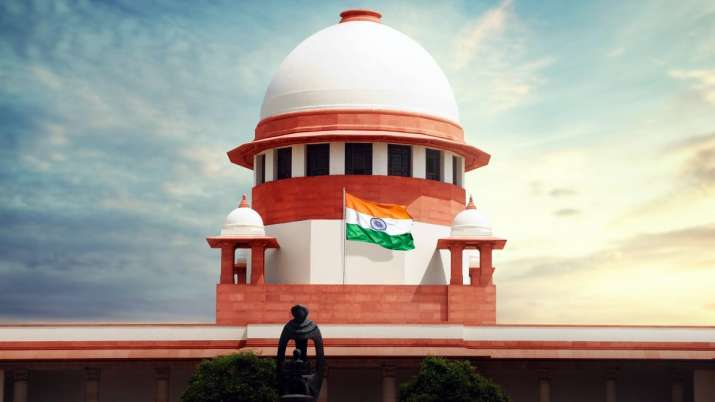The Supreme Court bench of Justices Hemant Gupta and V. Ramasubramanian on Tuesday refused to entertain a plea which sought the liquidator’s restraint in the dispute between ISRO-Arm Antrix and Devas Multimedia Private Ltd. The court directed Devas Multimedia to approach the National Company Law Appellate Tribunal (NCLAT).
The National Company Law Tribunal had ordered winding up of Devas Multimedia Private Ltd, following a petition filed by ISRO’s commercial arm Antrix Corporation Ltd. At the core of this dispute is a 2005 agreement between Antrix and Devas for the lease of satellite spectrum, whereby Devas entered into a contract with Antrix for providing satellite broadband services across India on various platforms, including mobile. Devas claimed to have developed its own portable device, which acts like a Wi-Fi router.
The above agreement was annulled in 2011 following a policy decision of the Indian government to reserve the S-Band for national and strategic purposes. In 2016, an Enforcement Directorate and CBI investigation had disclosed that some employees of ISRO and its subsidiary Antrix conspired with Devas Multimedia leading to loss to the government exchequer. The joint venture between Devas and Antrix Corporation used ISRO’s valuable S-band spectrum free without paying for its fees.
“The Company (Devas) fraudulently raised foreign investment of Rs 579 crore and subsequently illegally transferred 85% of the investment out of India to its subsidiary in USA in the guise of investment and services fees etc,” the ED investigation revealed.
Following this, the CBI had filed charge-sheets against several officials of Devas as well as the government for crimes under the IPC and Prevention of Corruption Act.
On the other hand, the dispute between Devas and Antrix has resulted in arbitration proceeding at the following forums:
1. ICC (International Chamber of Commerce)
2. Bilateral Investment Treaty (BIT)-based arbitrations, CC/Devas v India
3. Bilateral Investment Treaty (BIT)-based arbitrations, Deutsche Telekom v India, under the India-Germany BIT
The ICC Permanent Court of Arbitration at the Hague ruled that Antrix wrongfully scrapped the deal and subsequently awarded Devas US$ 563 million plus interest. An application for setting aside the ICC arbitral award is pending before the Delhi High Court, after being transferred by the Supreme Court in November 2020, while the ICC award has been kept at abeyance pending such determination.
The BIT tribunal in CC/Devas has held that the Indian government is responsible for indirect expropriation and violation of fair and equitable treatment (FET) standard of the BIT and in October 2020, it awarded $111.30 million plus interest in compensation to CC/Devas.
In December 2017, the tribunal in Deutsche Telekom also held India responsible for the breach of FET contained in the India-Germany BIT, and in May 2020 awarded $ 101 million plus interest in compensation to the Deutsche Telekom which held 19% shareholding in Devas. India challenged both these awards at their respective seats of arbitration – the CC/Devas award at the Hague District Court and the Deutsche Telekom award at the Swiss Federal Supreme Court. Both these courts have upheld the BIT awards.
Read Also: Delhi HC says father’s responsibility towards children does not end with their attaining majority
In 2021 the NCLT held that the ‘the incorporation of Devas itself was with a fraudulent motive and unlawful object to collude and connive with the then officials of Antrix and to misuse/abuse the process of law, to bring money to India and divert it under dubious methods to foreign countries’.
NOTE: A bilateral investment treaty (BIT) is an agreement establishing the terms and conditions for private investment by nationals and companies of one state in another state. This type of investment is called foreign direct investment (FDI). BITs are established through trade pacts.


